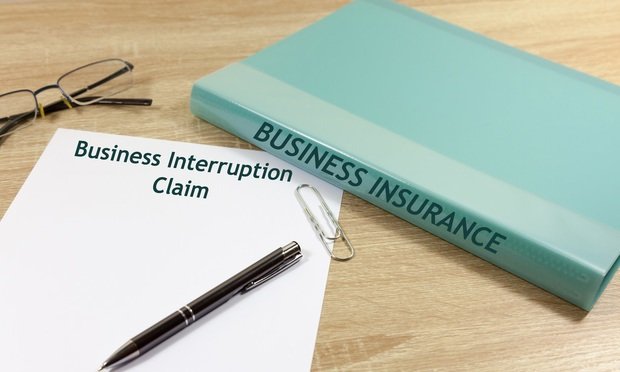 Insolvency is a potential source for COVID-19-related D&O claims, as economists are predicting a wave of bankruptcies as a consequence of the pandemic. There are many ways stakeholders could go after directors following insolvency. (Photo: Eag1eEyes/Shutterstock)
Insolvency is a potential source for COVID-19-related D&O claims, as economists are predicting a wave of bankruptcies as a consequence of the pandemic. There are many ways stakeholders could go after directors following insolvency. (Photo: Eag1eEyes/Shutterstock)
With reduced economic activity during the COVID-19 pandemic, liability claims have experienced several positive trends. However, given the lag in reporting and uncertainty, future claims cannot be ruled out, as claims patterns have changed with lockdowns and government measures to combat the virus.
Recommended For You
Want to continue reading?
Become a Free PropertyCasualty360 Digital Reader
Your access to unlimited PropertyCasualty360 content isn’t changing.
Once you are an ALM digital member, you’ll receive:
- Breaking insurance news and analysis, on-site and via our newsletters and custom alerts
- Weekly Insurance Speak podcast featuring exclusive interviews with industry leaders
- Educational webcasts, white papers, and ebooks from industry thought leaders
- Critical converage of the employee benefits and financial advisory markets on our other ALM sites, BenefitsPRO and ThinkAdvisor
Already have an account? Sign In Now
© Touchpoint Markets, All Rights Reserved. Request academic re-use from www.copyright.com. All other uses, submit a request to [email protected]. For more inforrmation visit Asset & Logo Licensing.







